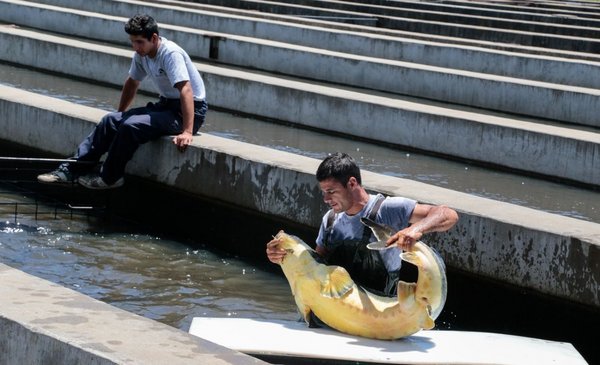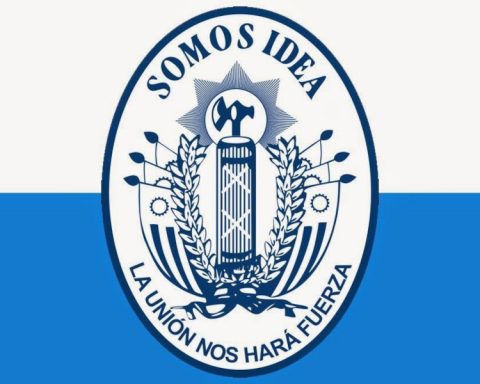The production of caviar and sturgeon meat has slowly gained relevance in the country over the years. Unlike caviar, whose marketing destinations are more diversified around the world, today the Russian market is the only destination for sturgeon meat. In 2021, exports totaled just over US$700 thousand.
For the two Uruguayan companies that today carry out this activity, The war in Ukraine is today a source of uncertainty in the face of what may happen with the placements of future harvests.
The Black River Caviar Company (Río Negro Sturgeons) made its last shipment to Russia between January and February, for a total of US$90,798. The merchandise arrived without problems at the Russian port a week after the war with Ukraine began. There were 8.8 tons at a price of US$10.3 per kilo, according to customs data.
In dialogue with The Observer, the company’s commercial and logistics manager, Rodolfo Laporta, pointed out that orders from Russian customers have continued to be received in recent weeks. “We have to see what happens with the restrictions that come, with the issue of payments, but customers keep calling us to see what production forecast we can have for this year,” he said.
The The next shipment could only take place in the second semester. That is the term needed to gather a volume of merchandise that justifies the shipment of a new container. Almost 90% of the sturgeon meat produced by the firm is sold on the Russian market.
“The intention is to make a single shipment with all the production of the year, which would be more around the end of October. Then we still have time to settle down. In between, interest has arisen from other markets, so there are alternatives,” said the executive.
What’s more, Laporta commented that the company was thinking of opening the Russian market for its caviar but, given the current situation, those plans will be postponed for the moment. Russia is mostly characterized by the consumption of “low priced caviar regardless of quality”, she explained. The idea of the firm was to enter the higher consumer niche, where quality levels and higher prices are managed.
Usually the caviar production is sold to the United States, France, Spain and Australia, among other destinations. The executive added that at the end of 2021 and after 10 years, Brazil re-enabled the import of unpasteurized Uruguayan caviar. “It is a market to which we are going to pay special attention,” said the executive.
On the other hand, the executive director of Caviar Polanco (Estuario del Plata), Facundo Márquez, pointed out that the “widespread feeling is one of uncertainty” because the scope of the sanctions against Russia for the war is not known, nor is its duration.
The company finalized a shipment of meat in January and is waiting for what happens in the future, according to the program on the look of VTV. That placement was for about 17.5 tons at an average price of US$7.05 per kilo, according to customs data.
The executive stated that he is in continuous contact with buyers who have “the same doubts” as exporters, regarding whether or not they will be able to receive the merchandise that is sent to them.
For the company, sales to Russia that focus on sturgeon meat represent between 10% and 15% of its total exports. “There are possibilities in other markets and we have to go out and conquer them, we have no choice. The businessman, the entrepreneur has no choice but to go out and knock on doors to survive”, Marquez stated. About 40 people work for the company, of which about 35 work at the plant located in San Gregorio de Polanco.
Exports in 2021
in 2021 Uruguayan exports of sturgeon meat went entirely to Russiawhich is one of the main consumer markets worldwide. Sales totaled $712,400, for a volume of 95.6 tons, at an average price of US$ 7.45 per kilo. The main exporter was Estuario del Plata (Caviar Polanco) with US$478,300) and Esturiones del Río Negro for US$234,100.
For its part, sales of caviar totaled 6.4 tons per $2.5 million, and were distributed among 18 destinations. The three main buyers were the United States (40%), France (24%) and Australia (11%) who paid around US$400 per kilo. Russia ranked sixth as a customer with just 2.4% of total sales, for a total of US$60,800, and paid a lower price, which was US$263 per kilo. The main exporter was the company Esturiones del Río Negro with placements for US$ 2 million.

















